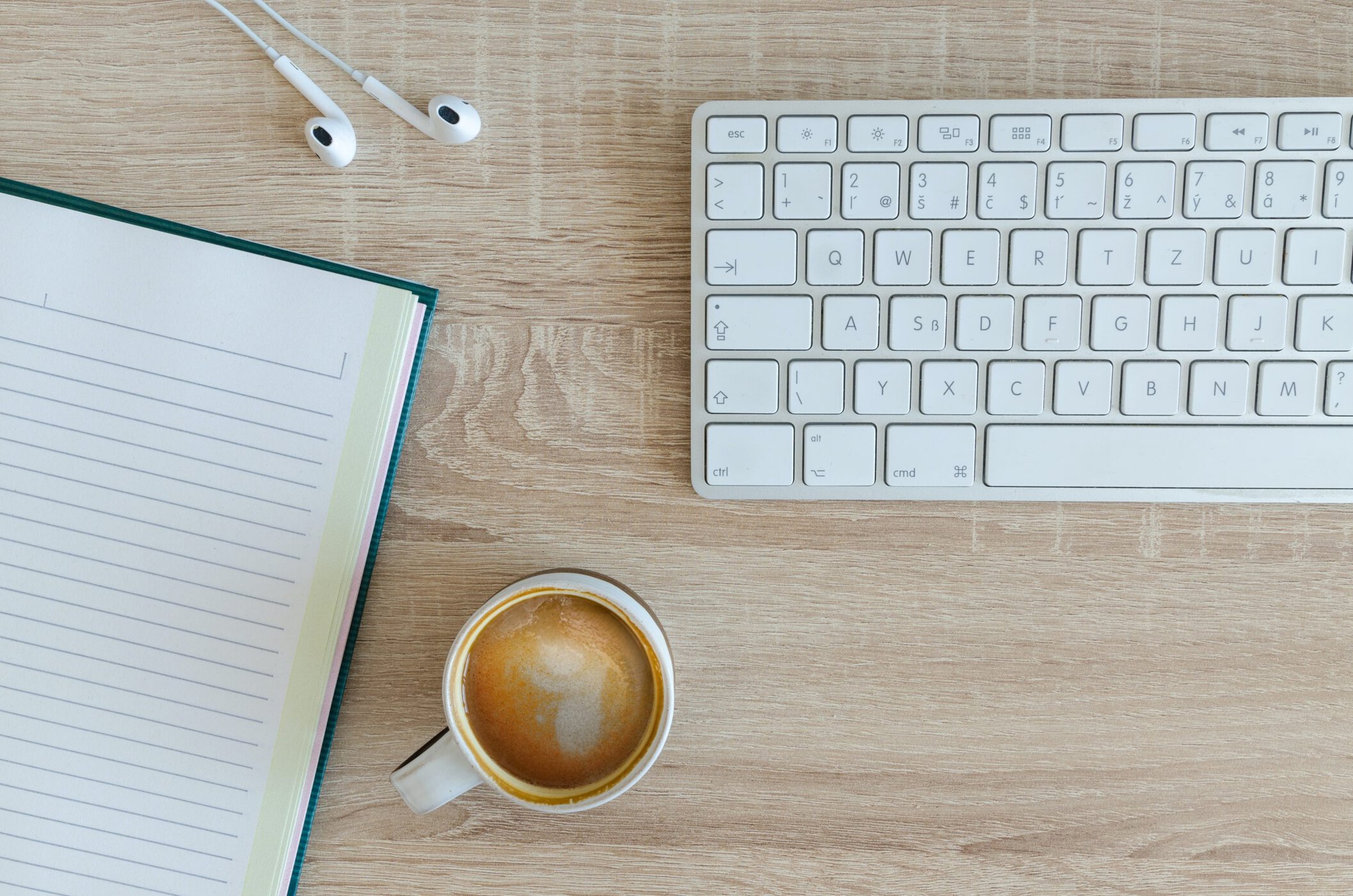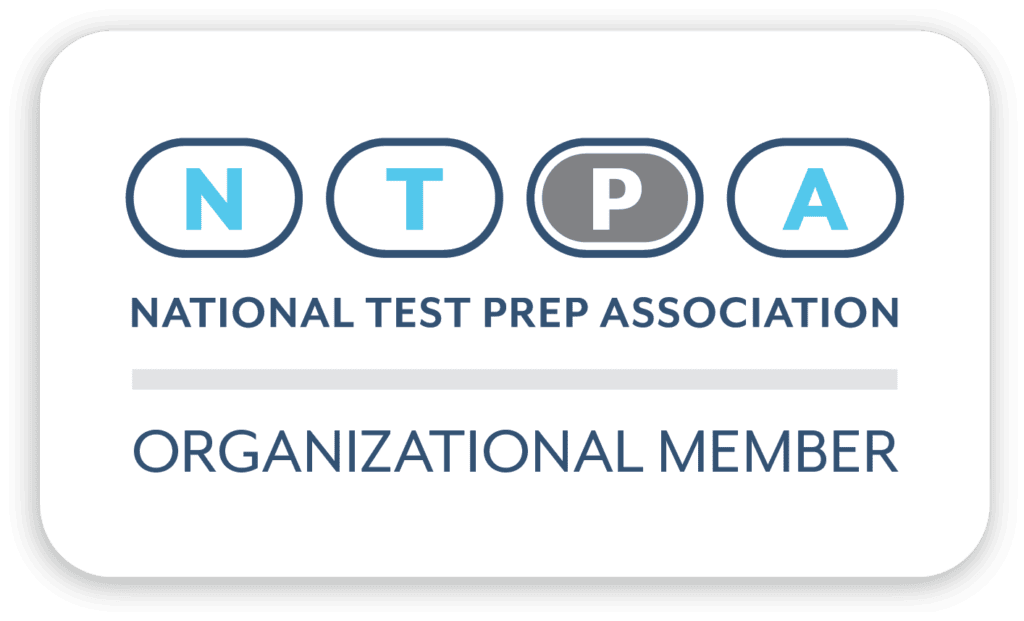So, you’re about to take a big deal standardized test and you want to be as prepared as humanly possible? You’re in the right place. In this blog post we will provide clear, specific, and actionable advice to help you arrive in the best physical and mental state for your test.
Before we begin, we must establish two very important understandings:
- You cannot control for every possible variable you will encounter on Test Day, and weird things can happen. The goal of this post is to help you control for the things you can so that you are in the right headspace to respond to whatever Test Day may hold.
- These recommendations are not obligations. Try the ones you like, disregard the ones you don’t. Your success will not be determined by whether you follow these instructions to a T.
Okay, we’re all onboard? Let’s start a week out from the test.
The Week of the Test
This week is all about rhythm and routines. Sleep, nutrition, hydration, and exercise are all important during the week leading up to a test. Here are a few basic guidelines:
Sleep: being well-rested for Test Day starts several days in advance. Work to establish consistent cycles, going to bed and rising at the same time each day. You really need a minimum of 8 hours of sleep each night, especially in the week leading up to a test. Limiting caffeine intake is also an important part of a healthy sleep cycle.
Nutrition: proper nutrition means eating regular, healthy meals and snacks, providing your body with everything it needs to function at its best. Avoid sugary foods such as candy and soda. The best foods to support peak performance on Test Day are whole grains, healthy fats, fruits and vegetables, and proteins.
Hydration: ensuring proper hydration is just as important as good nutrition. Teenagers should be drinking 8 cups of water each day. This means that you should have a water bottle with you at all times (this week and every week!), making sure to start hydrating as soon as you wake up.
Exercise: an effective exercise routine not only improves cognitive function but can also reduce stress. Your exercise routine can take many forms, from walking or running to yoga, martial arts, dance, or team sports. Don’t try to overdo it the week before a test – you don’t want to wear yourself down by pushing yourself too hard. Focus on consistency, making sure to move your body at least 30 minutes a day during the week leading up the test.
Prepare your testing device: If you are taking the digital SAT, download the Bluebook testing app onto your approved device. Specifically, you are allowed to test on a Windows laptop or tablet, a MacBook, an iPad, or a school-managed Chromebook. Once you install Bluebook on your device, you must complete the exam setup in order to receive your admission ticket. You can then email this ticket to yourself and present it on your phone at check-in, or you can print it.
The Night Before the Test
Practice: A little review the night before the test can go a long way. This is not the time to work on any new content but rather the time to go over your notes, reviewing important equations, looking over grammar rules you have difficulty with, and looking back at some of the work you have done over the past few weeks. When you look back at past problems, ask yourself ‘what do I need to know or notice to answer this question correctly?’, reaffirming that you won’t make the same mistakes on tomorrow’s test.
Prepare your materials: help out your future self by making sure you have everything you need already laid out and ready-to-go. At minimum, this means having your registration ticket, photo ID, wooden #2 pencils, calculator, snacks, and water organized and ready for you to grab in the morning. If you’re taking the digital SAT, you should also charge your testing device overnight and make sure that you bring the power cord with you in the morning. Going a step further, lay out the clothes you’ll wear (a perfect day for your lucky socks!) and plan out your breakfast so that you don’t have to make any decisions that might create stress in the morning.
Dinner: eat like you’re going on a hike tomorrow morning. Many people recommend eating fish the night before a test to load up on Omega 3s, but there are also lots of great vegetarian options that provide a healthy balance that will fuel you through the day.
Sleep: this is one night to take sleep seriously. Keep following the cycle you’ve been on this week, going to bed at a reasonable hour. Additionally, try to avoid using screens after 8PM. This is a great evening to read a book before going to bed. If you have trouble falling asleep, try counting backwards from 300 by 3s – this is a great trick to quell any anxious thoughts about the test.
The Morning of the Test
Wake Up: don’t hit the snooze button today! Allow yourself plenty of time so that there is no rush, getting up at least one-and-a-half hours before you have to be at the testing center. You want to be sure to have time to shower and brush your teeth at your own pace.
Hydrate: be sure to drink water before you head to the testing center. You want to arrive at the test properly hydrated so that you are simply staying on top of your hydration during the test rather than trying to catch up.
Exercise (a little): I know, this is a big ask on the morning of a test, but it can make a WORLD of difference. You are about to sit in a chair for upwards of three hours filling in tiny bubbles – this is not what your body was made to do! To make the experience more physically tolerable, it’s important to loosen up. This will also get the endorphins flowing, which will help put you in a better mood heading into the test. Don’t do anything too ambitious; a short jog around the block or a little bit of yoga or even a set of pushups can help give you a lift to start your day.
Eat breakfast: today is the perfect day for a hearty, healthy breakfast. Eggs, whole grains, and fruit are the best options to provide the nourishment you need while also giving you lasting energy. If you regularly consume caffeine, have whatever would be a normal amount for you – you don’t want to be over (or under) caffeinated during your test. If you don’t usually consume caffeine, today is definitely not the day to start.
Warm up: go into your test feeling calm and confident by taking some time to warm up ahead of time. While you are having breakfast, look over any notes or reminders you have, go over a few problems that you’ve worked on (nothing new), or even simply read an article in the newspaper. Our goal here is to make sure that the first thing we read today isn’t the first passage on the test while providing ourselves with the reassurance that comes with reminding ourselves that we are prepared for this moment.
Be a Little Stitious: if you have a lucky pencil, a favorite pump-up song, or any rituals that you like to perform before big games, shows, recitals, or any other event where you have to perform, go all in on your superstitions today. Studies show that some routines and rituals can actually help improve performance, and they also help us to feel more in control while also giving us something to focus on that might distract us from feelings of pressure or anxiety. Personally, I listen to AC/DCs ‘Back in Black’ and use a lucky pencil with kittens on it. It’s not crazy if it works!
During the Test
Breaks: use your breaks productively. Students will often congregate in hallways or bathrooms and talk about the test. Your job is to be a little antisocial and simply focus on the test at hand. Try not to think about the sections you have already completed: you can’t do anything to change them, and we often aren’t very good at judging how well a section has gone. Instead, focus on what comes next. What strategies, formulas, or habits will be important for this section? What are your goals for timing? When will you decide to skip a question? Use your breaks to solidify your strategy and refuel so that you’re ready for the next section.
Snacks: bring more snacks than you think you will need. Bananas, nuts, berries, and granola are great options. Try to avoid super sugary snacks, as these will give you a quick burst of energy followed by a crash that can make it difficult to focus. However, it is a good idea to bring an emergency Snickers bar if you need that final boost of energy before the last section to get you over the finish line. Also, be sure to continue to hydrate during the test, drinking water while you’re snacking.
Gum and Mints: improve your focus, your function, and your mood by chewing gum or having mints during your test. This can provide a valuable boost, especially during the parts of the test that are most challenging or monotonous for you.
After the Test
You did it! Congratulations on completing your test. Now, before you go and celebrate, take a few minutes to jot down your notes – you’ll be glad you have them when your scores come back! Write a few sentences about what you noticed. Were there things that surprised you or challenged you? Are there any things you’d want to do differently next time? Write these thoughts down while they are fresh in your mind, then return to them when scores are released.
Treat Yourself! You deserve to do something that will bring you joy. Take some time this afternoon to reward yourself for the time, energy, and effort that you have put into preparing for this test. Scores will be back in a few weeks. Until then, enjoy a well-deserved break from your hard work.






